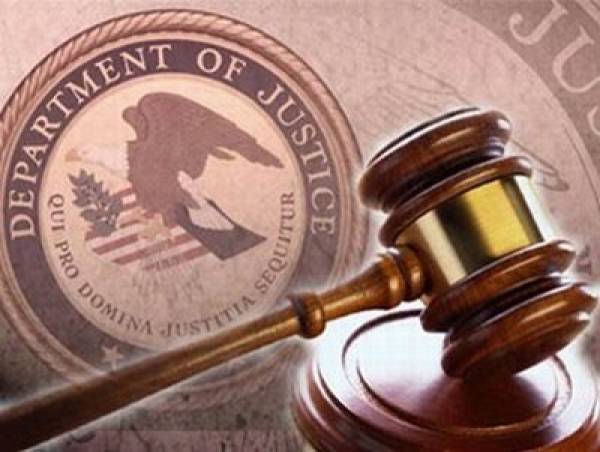Bitcoin No Liberty Reserve: Shutdown to Affect Only One Online Casino

Anonymous payment solutions company, Liberty Reserve, has been shut down by federal authorities out of the Southern District of New York on Tuesday.
The indictment alleges Liberty Reserve, a company incorporated in Costa Rica, has for years operated as one of the world’s largest digital currencies. Law enforcement refers to the company as a “PayPal for criminals” that allegedly laundered money to the tune of $6 billion over the past 7 years.
Liberty Reserve appeared to operate its own online casino, which claimed to be the first and only online casino to use the payment system. The Liberty Reserve Casino remained online immediately following Tuesday’s indictments.
Prosecutors say the company “facilitated global criminal conduct” from across the globe with law enforcement agencies from 17 countries assisting in the matter.
“Liberty Reserve was in fact used extensively for illegal purposes, functioning in effect as the bank of choice for the criminal underworld,” the indictment states.
The payment processor was recently used by thieves in New York to loot $45 million from bank machines in 27 countries.
The New York Times reported that Liberty Reserve was incorporated in Costa Rica in 2006 by Arthur Budovsky, who was arrested in Spain on Friday. He renounced his United States citizenship in 2011.
Preet Bharara, the United State attorney in Manhattan, was to hold a press release on Tuesday afternoon.
Earlier this month US federal authorities froze some accounts belonging to Mt. Gox, the biggest exchange in the world’s largest anonymous currency, Bitcoin.
Like with Liberty Reserve, authorities claim Mt. Gox failed to file the proper paperwork with the US Government.
It’s no secret that Bitcoin has been used to facilitate payment for what US authorities would deem “illicit activities”.
Timothy Lee of the Washington Post writes of the important difference between Liberty Reserve and Bitcoin:
If the authorities concluded that Bitcoin were a money laundering scheme, it’s not clear whom they’d prosecute. There’s no Budovsky for Bitcoin. Rather, the online currency was created by “Satoshi Nakamoto,” widely regarded as a pseudonym. Bitcoin transactions are processed in a distributed fashion by thousands of “miners” around the world. It would be difficult for the United States to indict all of them, and doing so would likely drive Bitcoin mining underground — which could make it even more attractive to criminals.
That sprawling, decentralized network would create a dilemma for federal regulators if former Liberty Reserve users switched to Bitcoin. The crypto currency doesn’t fit well into existing money-laundering laws, and there’s no one who can be required to reform the network to bring it into compliance. Trying to shut down Bitcoin could prove futile — the feds can make life hard for individual Bitcoin users but likely could not destroy the network altogether.
- Alejandro Botticelli, Gambling911.com














